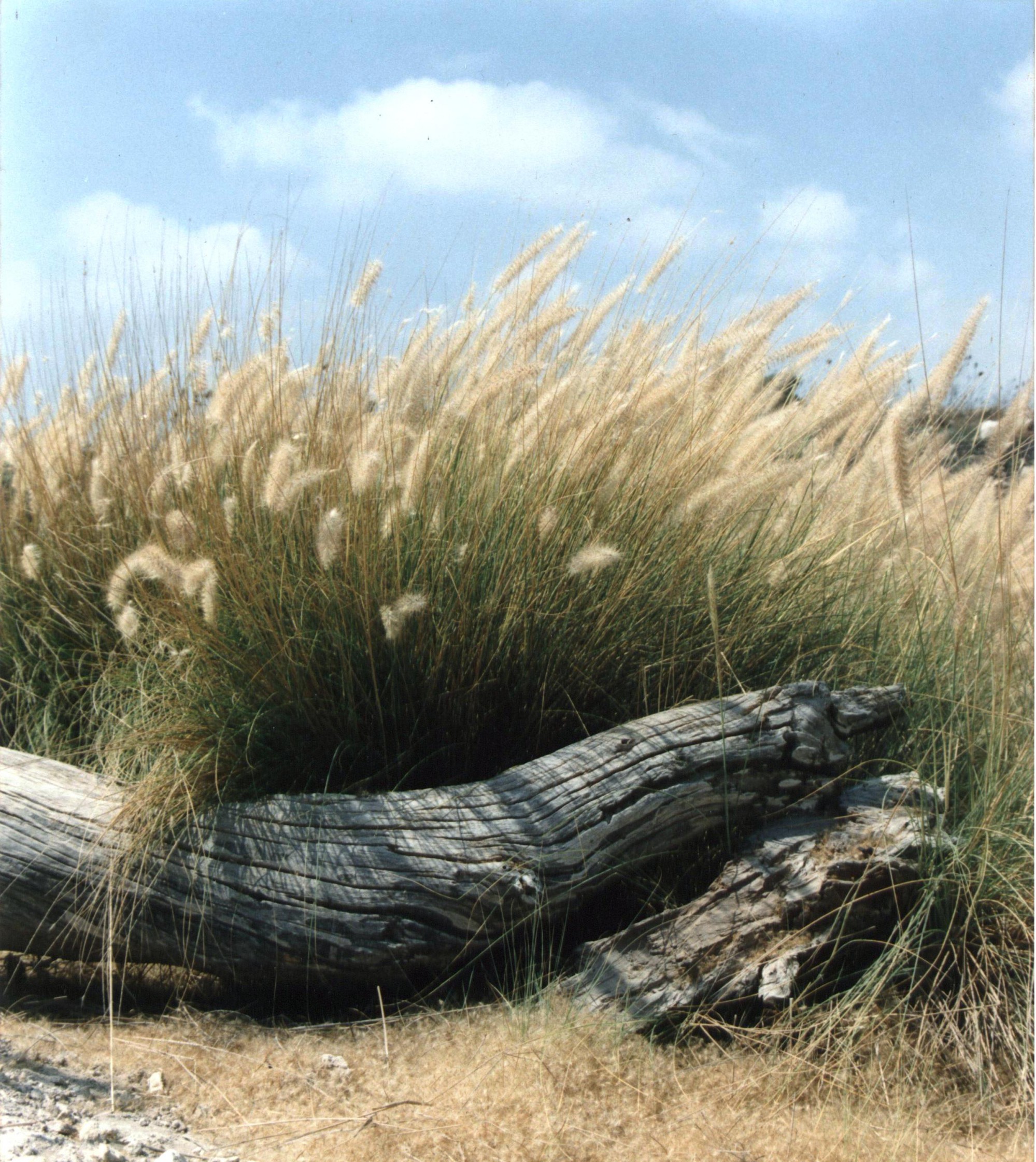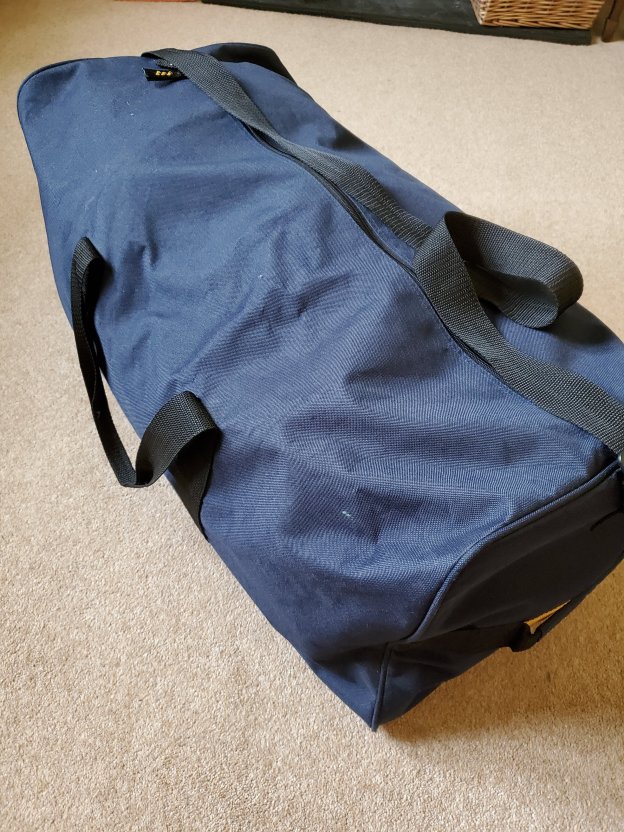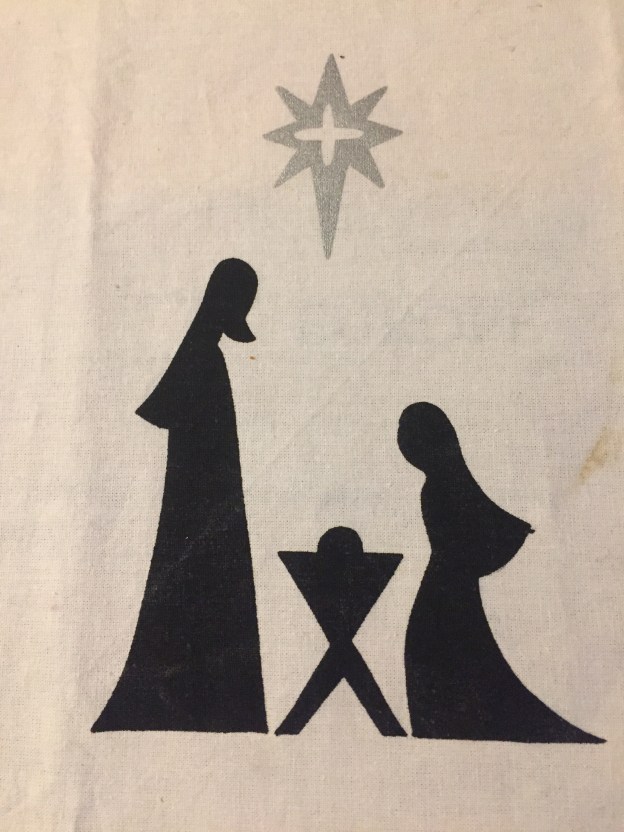Though the fig tree does not bud and there are no grapes on the vines, though the olive crop fails and the fields produce no food, though there are no sheep in the pen and no cattle in the stalls, yet I will rejoice in the Lord, I will be joyful in God my saviour. The sovereign Lord is my strength..
(Hab 3.17-19)
Then Jesus came to them and said;”… And surely I am with you always, to the very end of the age.”
(Matt 28.18&20)
I want to know Christ and the power of his resurrection and the fellowship of sharing in his sufferings…. Not that I have already obtained all this, or have been made perfect, but I press on to take hold of that for which Christ Jesus took hold of me… But one thing I do: Forgetting what is behind and straining towards what is ahead, I press on towards the goal to win the prize for which God has called me heavenwards in Christ Jesus…
Rejoice in the Lord always.. Do not be anxious about anything, but in everything, by prayer and petition, with thanksgiving, present your requests to God. And the peace of God, which transcends all understanding, will guard your hearts and your minds in Christ Jesus…. I have learned the secret of being content in any and every situation, … I can do everything through him who gives me strength.
(Phil 3.10,12-14; 4.4-7, 12&13)
How good it is, as a child of God, to know that when He says, “Go, let this place and these people become your past”, that I can trust him for the unknown future. I am so thankful for the people and experiences which have made up my life, but also aware that they are fleeting things, and cannot be carried with me into the next chapter.
I have memories, and a few physical reminders, but am aware of the gift of God in allowing me to let the past go, and not to cart its baggage into tomorrow. I can rest in the relinquishment because it is my loving Father who asks it of me, and he holds so many good things for me to enjoy and thank him for in the future. Ultimately, I have nothing to take with me in the face of advancing years and death, but the assurance that I belong to Jesus and he will keep me safe through all that is permitted. No treasured memories, no relationships, no material belongings, nothing at all can carry me through what lies ahead except Jesus.
When the past threatens to ambush my present, bringing bitterness, regret, an overwhelming sense of loss, I have a choice to make. Will I allow myself to be disabled by the tide, swept into a storm of grief and complaint against God? Or will I choose to pray… to rejoice that I have known so many good gifts from God; that I can trust his wisdom in giving and withdrawing those gifts; that through the experience of his gifts, I have learnt more about God and his faithfulness and love for me?
Paul had learnt to make that choice well, to go for thanksgiving and the prayer which trusts the loving heart of the listener. The Father who made us knows what wrings our hearts and what would weigh us down; he gives us the opportunity to cast that burden back on him, by giving thanks for what is now lost to us, and trusting that in his providence, we are no less loved and cared for than when we enjoyed those most painfully lost gifts – of people, of health, of material prosperity, whatever they are…
Dear friends, your grief and my grief are known to our father, and he waits to see what we will do with it. His spirit moves us towards his loving heart in faith, and invites us to choose trust, to choose not to try to carry all that is past with us into the future but to believe that in our God, in Father, Son and Spirit, we will know all that really matters and be gifted with contentment. May we learn to let the past with all its joys and sorrows be something that is in God’s keeping, and not fret over carrying it ourselves.. may we travel lightly and hopefully towards the glory which is our future with him.










